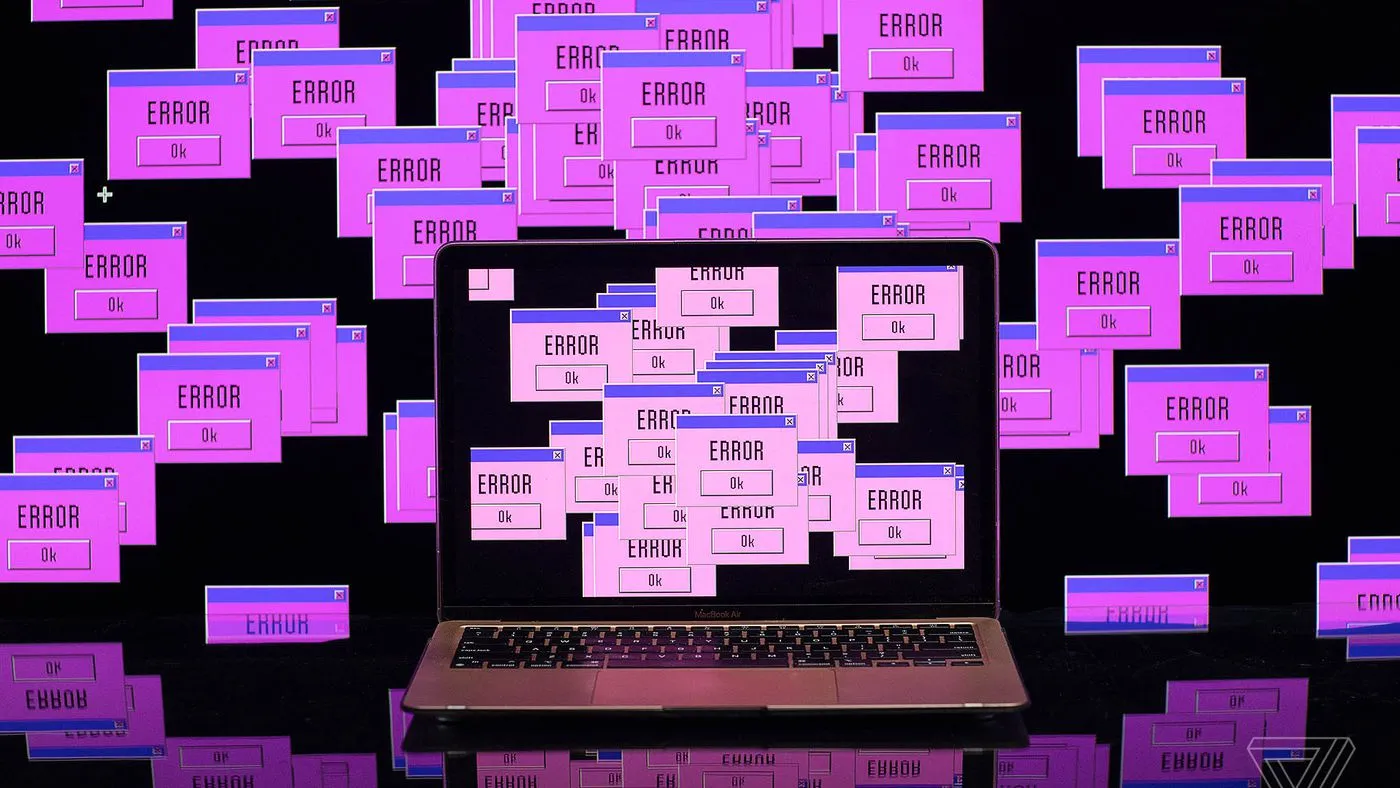UnitedHealth Data Breach Reveals Impact on Over 100 Million Individuals

Overview of the UnitedHealth Data Breach
UnitedHealth Group has reported a significant ransomware attack this year, which has jeopardized the private data of over 100 million individuals. This breach has been classified as one of the largest incidents within the healthcare industry, as highlighted in the US Department of Health and Human Services (HHS) Breach Report.
Details of the Attack
The hacker group Blackcat, also known as ALPHV, was responsible for the February attack that targeted Change Healthcare. This incident caused notable disruptions for healthcare providers involved in billing, claims, payroll, and prescriptions for extended periods.
Compromised Information
- Health insurance information: Includes primary, secondary coverage, and unique identification numbers.
- Health information: Medical record numbers, diagnostics, treatment data, and test results.
- Billing and payment details: Claim numbers, account codes, financial transactions, and balance due.
- Personal information: Social Security numbers, licenses, and passport details.
Access and Response
Reportedly, UnitedHealth's CEO Andrew Witty informed the House committee that cybercriminals exploited stolen credentials for a Citrix service that was deficient in multi-factor authentication. Following the initial access on February 12, hackers exfiltrated data and deployed ransomware nine days later.
Aftermath
UnitedHealth paid the cybercriminals a whopping $22 million ransom, yet further threats of data leakage were posed, potentially resulting in a second ransom demand.
This article was prepared using information from open sources in accordance with the principles of Ethical Policy. The editorial team is not responsible for absolute accuracy, as it relies on data from the sources referenced.